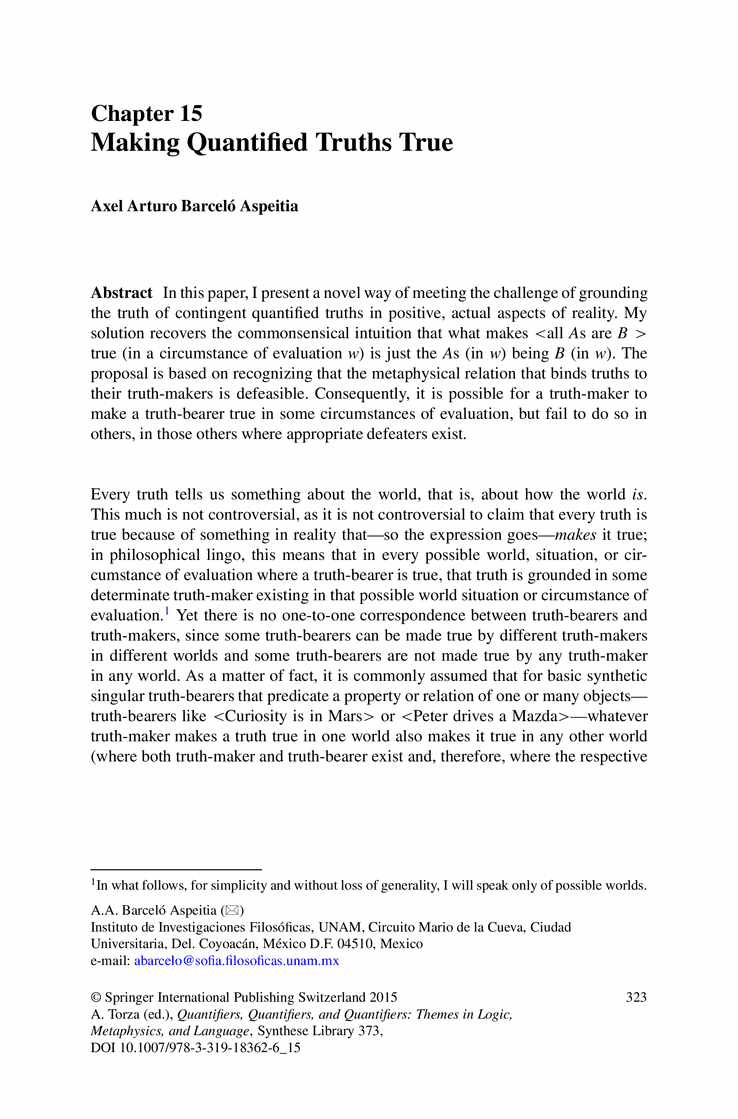Randomness, Explanation, Parfit and the Cosmos
It is widely accepted that explanation is a factive relation, that is, that it holds among facts (or true propositions, the distinction is not relevant for our purposes): if A explains B, A and B must be actual facts. Beyond that, it is a huge puzzle to determine what else is required for A to explain B. Some philosophers have defended the view that necessitation is another necessary condition for explanation, that is, that for A to explain B, A must necessitate or metaphysically entail B. The rationale for this condition is simple: for A to explain B, A must tell us why B happened instead of anything else that could have happened. If A does not entail B, then A is consistent with some possible outcome C different from B and this cannot explain why B happened instead of C. I (in Barceló 2015) and others have argued against the necessity condition. An interesting counterexample to the hypothesis that necessitation is required for explanation are what I will call explanations b
